If you're a Wikipedian, at this point you will already be grumbling about the number of inaccuracies contained in this first sentence. Otherwise, perhaps you're probably wondering what a Wikipedian is. We will proceed in sequence.
An astounding number of people use Wikipedia to find information, but far fewer exploit the opportunity to themselves become authors or editors of that information. As Wikipedia is written by users, anyone can be a Wikipedian. Wikipedia has few rules (five) but it is a community within which the user must negotiate his/her position.
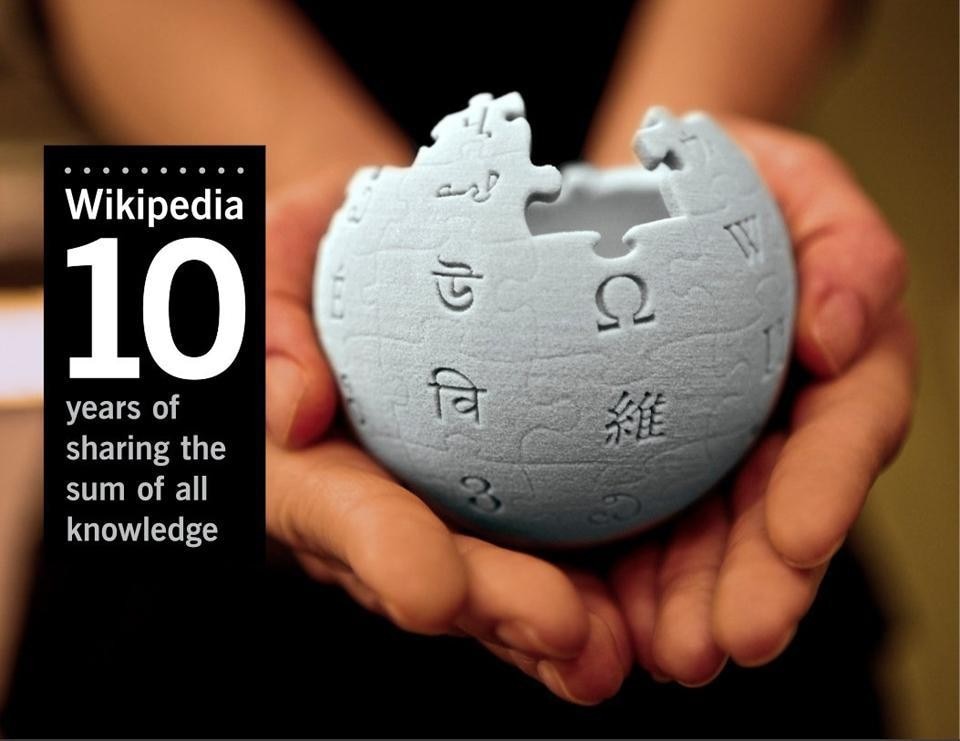
Wikipedians write, translate, remove vandalism, report errors, correct typos, organize events or create small programs that perform automated tasks. Others donate (last year donations totalled more than $16 million), promote or contribute to Wikipedia through Wikimedia or contribute to other Wikimedia projects.
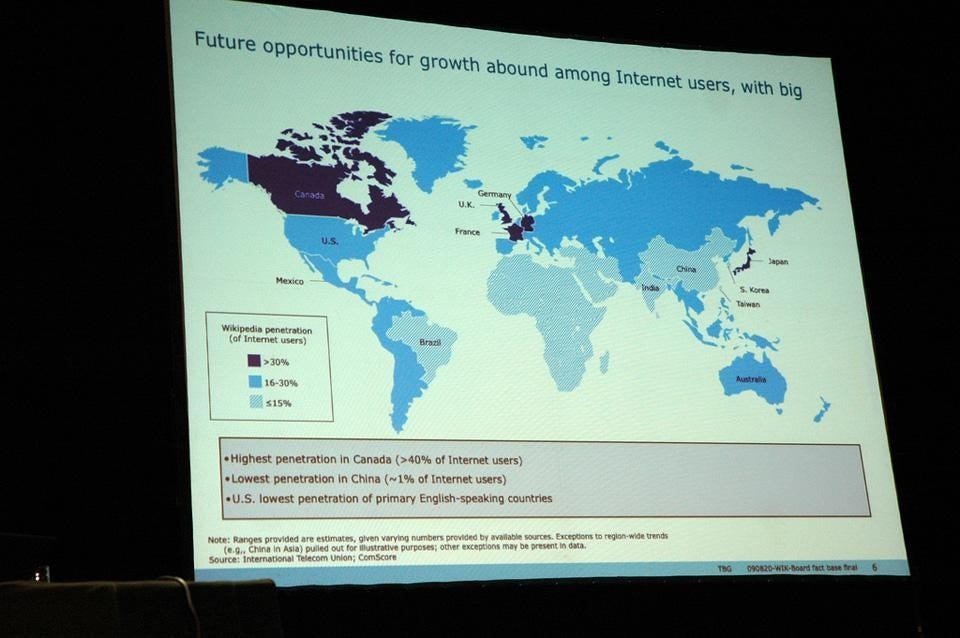
The truth is that Wikipedia is animated by a rather small number of people—a feature common to many collaborative projects. However, a study has recently shown that the growth of the community has suffered a significant slowdown and that it is aging.
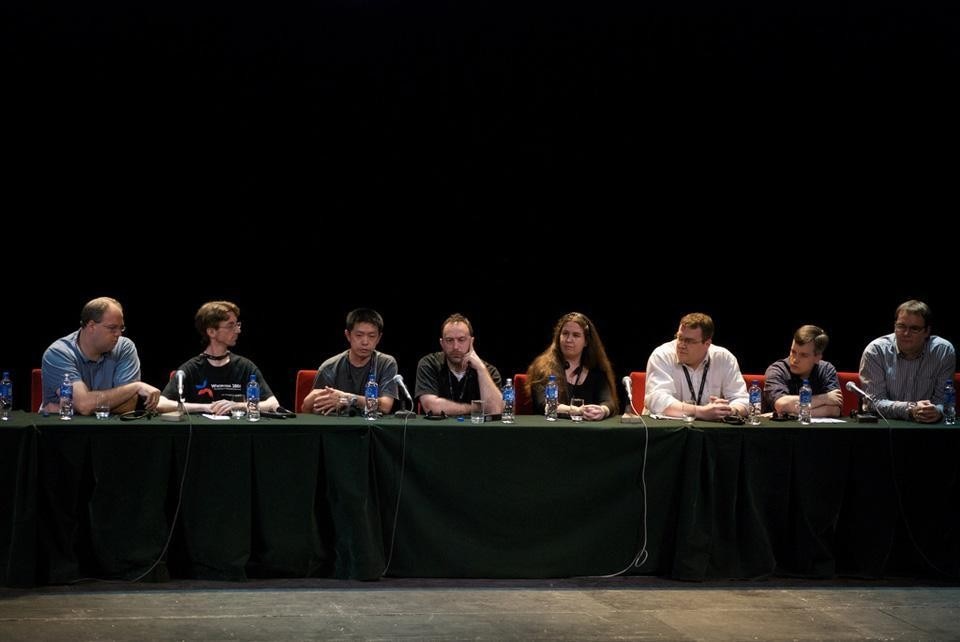
The truth is that Wikipedia is animated by a rather small number of people—a feature common to many collaborative projects. A small group carries most of the weight and the larger community lines up around this small group. However, a study has recently shown that the growth of the community has suffered a significant slowdown and that it is aging. Wikipedia not only celebrated its 10th birthday this year, but also the prototype of the Wikipedian—a white male in his thirties with a scientific background—is about to celebrate his fortieth birthday. This revelation has so upset the Wikimedia Foundation that the catchword has become outreach. Reaching a wider audience has become the center of attention and the Wikimania program seems to be enjoying a flurry of new partnerships and attention to what happens IRL.
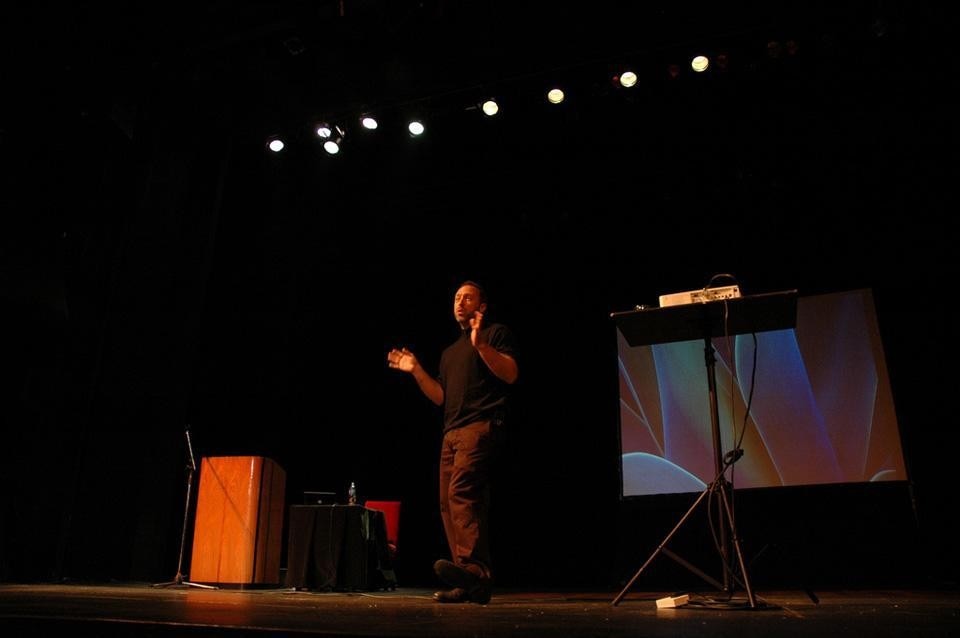
The GLAM project—Galleries, Libraries, Archives and Museum—involves cultural institutions by making their images accessible on Wikimedia Commons and inviting their staff and public to enrich Wikipedia. Among the institutions that have already joined are the British Museum, British Library, MOMA, Versailles. GLAM is enjoying more and more international success, because it responds to Wikipedians' need for access to more content and at the same time meets the need of cultural institutions to introduce their collections to the public and support access to knowledge.
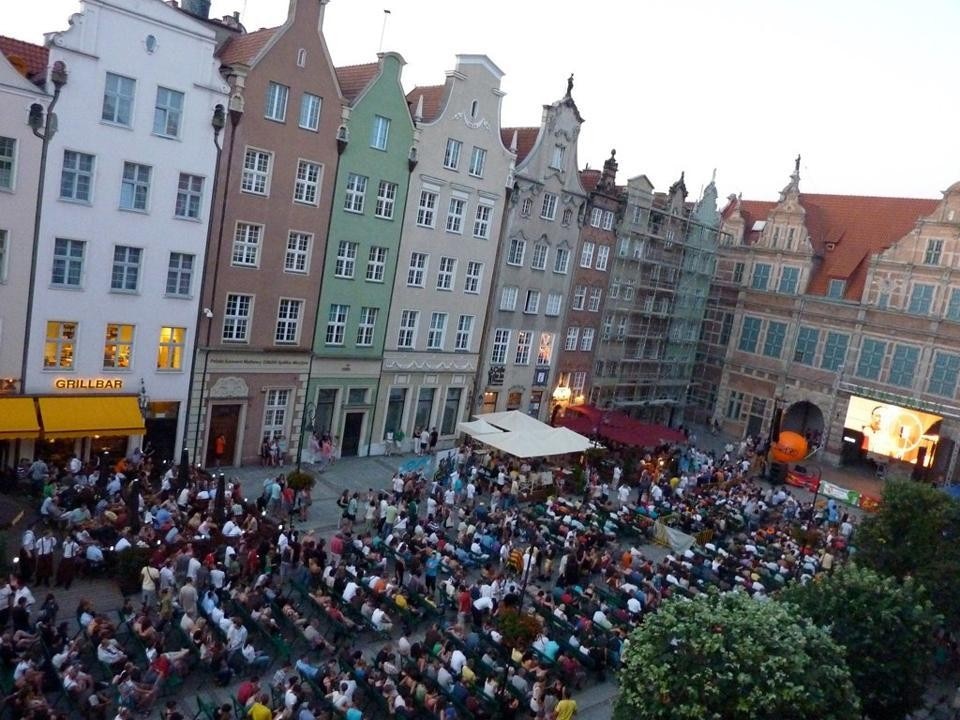
The third approach aims at geographic "flooding" and the involvement of new regions. In particular, Global South is the object of particular attention with India in the lead and Africa following suit. Finally, user types are studied, among whom academics are almost a protected species. Even the Wikimedia Foundation has directly supported a study to try to understand why they do not contribute, why they always complain and how, maybe, they might start to lend a hand.
Iolanda Pensa

